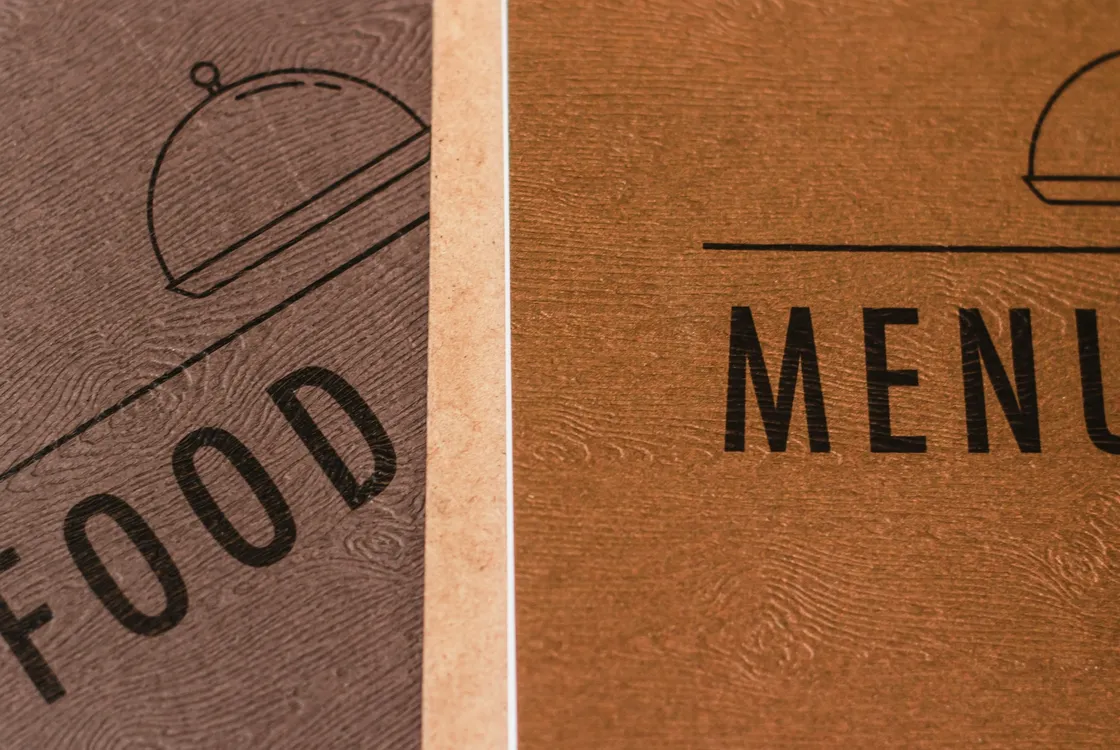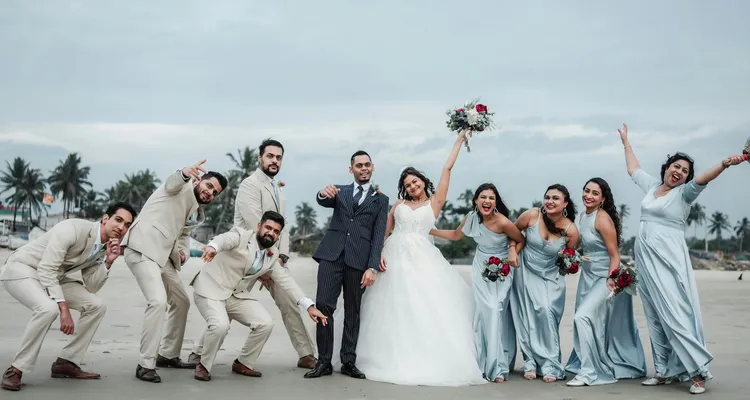Navigating the Culinary Maze
Dietary Requirements and Wedding Bliss

Congratulations on your engagement!!! 🥳🥳🥳
Embarking on the journey of wedding planning is both exhilarating and challenging. While envisioning the perfect celebration, you will no doubt encounter various difficulties that demand careful consideration.
One such aspect that requires thoughtful planning is catering to diverse dietary requirements. In this blog post, I’ll delve into the intricacies of handling dietary needs, ensuring a delightful culinary experience for you and your guests while avoiding common pitfalls.
1. The Dietary Dilemma
As couples dive into wedding planning, they’re likely to encounter the dietary labyrinth. From gluten-free and dairy-free to vegan, vegetarian, pescatarian, nut allergies, and celiac disease, the list can seem endless.
Each dietary requirement comes with its unique set of challenges, making it crucial for couples to address these considerations early in the planning process.
2. Proactive Communication with Caterers
Navigating the world of dietary requirements starts with proactive communication with your caterers. Rather than leaving these concerns to the last minute, couples can discuss alternatives and menu adjustments with their chosen caterers well in advance.
This foresight ensures that the wedding menu accommodates diverse needs, leaving no room for on-the-day culinary stress.
3. Allergies and Intolerances
It’s not just about preferences; allergies and intolerances demand special attention. Couples must be diligent in identifying guests with allergies and intolerances, working closely with caterers to create a menu that caters to these specific needs. Providing a safe and enjoyable dining experience for everyone is paramount, and early collaboration with caterers helps achieve this goal.
4. Be True to Yourselves
While it’s essential to accommodate dietary requirements, couples should resist the urge to become people-pleasers when it comes to the overall wedding menu! The key is to have wedding food that resonates with your tastes and preferences. However, if there are specific ingredients or dishes that hold significance which might trigger allergies, it’s crucial to communicate these concerns to the caterers for suitable alternatives.
5. The Awkward Relative Conundrum
Handling awkward relatives or interpersonal dynamics can be as delicate as catering to dietary needs. In this context, it’s not about pleasing everyone but rather creating an environment where guests (and you both) can enjoy the celebration without discomfort or stress. Couples can strategically plan seating arrangements and create a positive atmosphere, minimising potential sources of tension too.
6. Anticipating Potential Issues
To preemptively address any unforeseen issues, couples should work closely with their caterers to develop contingency plans. This may involve having a reserve of allergy-friendly dishes, alternative ingredients, or even a dedicated server to address last-minute dietary concerns. Being proactive in anticipating potential issues ensures a smoother wedding day experience.
In the intricate dance of wedding planning, catering to diverse dietary requirements is a crucial step toward creating a memorable and inclusive celebration. By initiating transparent communication with caterers early on, couples can navigate the complexities of dietary preferences, allergies, and intolerances.
Moreover, you should prioritise authenticity, ensuring that your wedding menu reflects your tastes while making necessary accommodations. In doing so, you will not only create a delightful culinary experience for your guests but you’ll also pave the way for a stress-free and joyous celebration for everyone.
Happy wedding planning!
Rachel x


